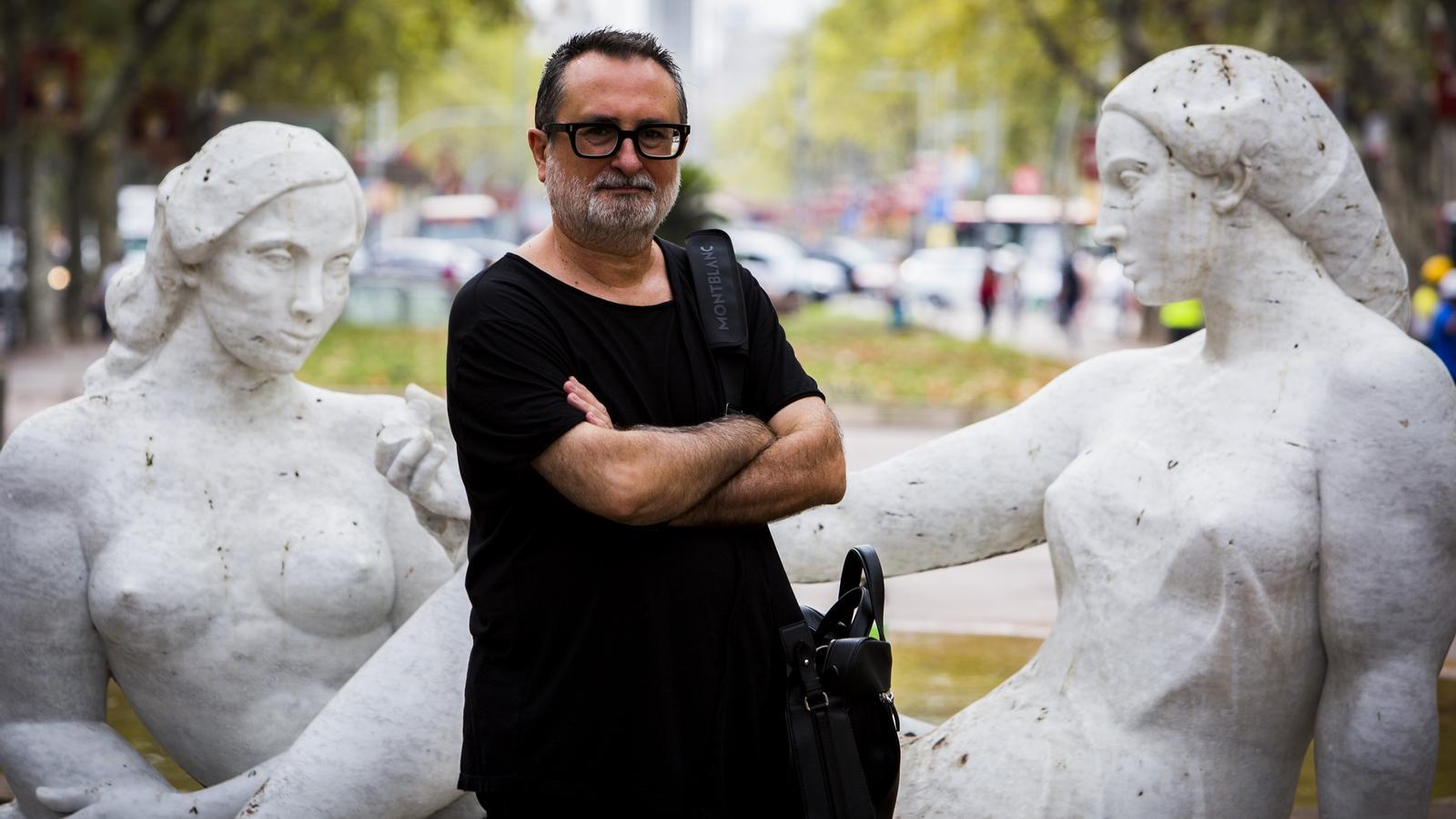“The further north, the closer to paradise”
Philosopher Joan-Carles Mèlich has a special memory of his first vacation after spending two summers closed up writing his thesis.


BarcelonaThe trip to Italy and Austria that philosopher Joan-Carles Mèlich made in 1988 was significant for him. He had spent two summers in Barcelona, locked in a room with artificial light, writing his recently submitted thesis on Karl Jaspers. His latest book, The stage of existence, follows one of the central ideas of his thesis, that there is no human being outside of situations and relationships.
It was a road trip with some uncles. The initial idea was to go to the south of France, to the French Riviera, and then to Pisa and Florence, visit the Uffizi Gallery, The Birth of Venus by Botticelli and the David Michelangelo's, which he was eager to see. "Summer in Italy is horrible, with the heat and the mosquitoes. As if we hadn't had enough, we decided to go from Pisa to Venice," he explains, admitting it was a terrible idea. They arrived in the morning, an Italian confused them, spent more money than they wanted, spent time killing giant mosquitoes in St. Mark's Square, and after lunch they'd had enough. From there, when they decided to head north, a completely different journey begins: "German was already spoken in northern Italy, a language that calmed me because I'd studied it. And the further north you go, the closer to paradise." He clearly remembers Trento, Bregenz, and Lake Constance, which looks like a sea, so vast you can see the horizon, bordering Switzerland, Austria, and Germany, and where a small boat would take you to the island of flowers, a kind of immense garden in the middle of the lake. The change of scenery with the forests and the lake made everything better: "Breathing the Black Forest air was wonderful."
He fondly remembers the leisurely journey, stopping and seeing what attracted them. He champions travel, asserting that it's increasingly confused with displacement. He asserts that people tend to rush to a kind of non-place: "Everywhere doesn't matter; you wouldn't know if you're in Barcelona, Paris, Tokyo, or New York." This is probably why his preferred mode of transportation is the train, which allows him to relax, watching the landscape change, and his dream is to travel on the Orient Express or the Trans-Siberian Railway. What he hates most is the boat, not so much because of the speed, but because of the seasickness and the Basques: "The worst summer was the one I went to Ibiza; I was sick because we hadn't even left the port yet."
In recent summers, he has made short trips to Vilanova i la Geltrú, where every morning he performs a kind of ritual: "I go to the beach to watch the sunrise and read for half an hour with my feet in the water." A couple of years ago, it was the Iliad and the past, theOdyssey. You have already decided that this summer's reading will be The Divine Comedy, by Dante.
